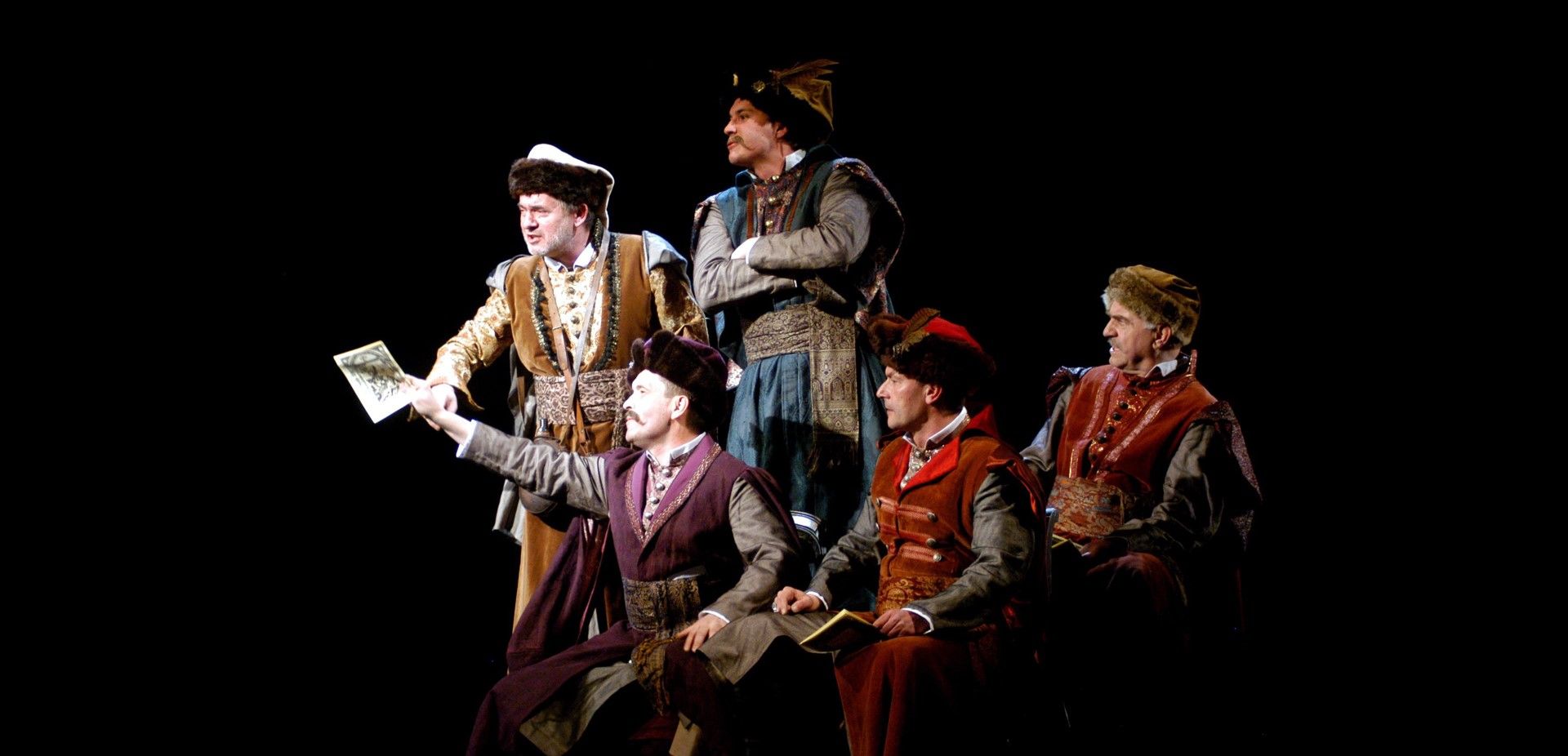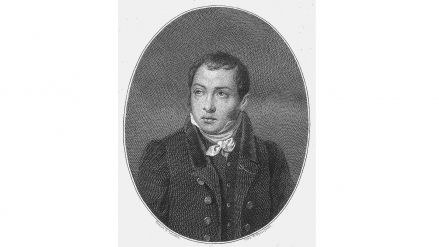When did the term appear?
Sarmatism? It's hard to say. It was certainly used in the Enlightenment (the aforementioned title of the comedy), and then it worked after 1945. And it was consistently filled with negative content that deserves criticism. Precisely for this reason, I think, when we speak of the culture of the nobility, the cultural formation of the nobility of the Commonwealth of many nations, we should not use this term. Because by definition, so to speak, it leaves out all the positive elements, namely the republican vision of civil liberty and the accompanying political system built on republican values. The cult of civic virtue or the citizen's sense of responsibility for the political community that fascinates us.
Sarmatia was a community created from the bottom up. "A community of common benefit"," as Stanislaw Orzechowski (a Catholic priest who lived in the 15th century, historian, author of Renaissance political and religious writings, ideologue of the so-called "golden freedom of the nobility" - editor's note) so beautifully describes. And I must add that I have the impression that many representatives of the nobility in the 16th or 17th century did not use the term "Sarmatian" in reference to themselves. Moreover, I am convinced that for the nobility the ideas of neo-Roman political theory and practice were much more important than "Sarmatian" issues.
However, someone coined the term.
The geographic-historical terms "Asiatic Sarmatia" or "European Sarmatia" do not come from mythology, but from the records of Roman historiography and early cartography. When they came into use during the Renaissance, they were automatically adopted by the peoples of the Commonwealth as well. However, I would exercise some restraint in saying that the average nobleman was so interested in his history in antiquity. It was an attractive legend about brave warriors from what is now Iran invading the lands of central Europe and staying here to found the later noble nation.
 SIGN UP TO OUR PAGE
SIGN UP TO OUR PAGE 
On the other hand, Jan Długosz, a very important historian for the intellectual spheres of the 15th century, located the legendary Sarmatians in the Black Sea steppe. But finally, the medieval historians, Gall Anonim or Master Wincenty, called Kadlubek, have little to say about the Sarmatians (Jan Długosz - who lived in the 15th cent. was a chronicler at the court of the Jagiellonians and the author of the work "Roczniki czyli kroniki sławnego Królestwa Polskiego", which today is the most important source of knowledge about the Middle Ages on Polish soil; Gall Anonim - author of the "Polish Chronicle" from the beginning of the 11th century. He is considered to be the first Polish chronicler; Wincenty Kadłubek - lived at the turn of the 12th and 13th centuries, Bishop of Cracow, author of the "Chronicle of the History of Poland", who is considered to be one of the most important figures in the history of Polish literature and historiography and is called the "father of Polish culture").
The latter wrote about Grakchus, whose name seemed familiar to the connoisseurs of ancient culture - the mythical founder of the political community on the Vistula. By the way, the creation of such legendary predecessors was not a Polish specialty. The French have their Gallicanism, the Scandinavians their Gotism, etc. Let us look at the Lithuanians, who, after all, derive their origin from Rome. They were convinced of their ancient roots, and the founder of Lithuania is said to be a relative of Aeneas, who sailed as far as the Baltic Sea on his voyage. This was, one could say, a natural tendency in a certain period of European history.
The Polish-Lithuanian Commonwealth was formed by several linguistic and religious communities. Are we appropriating Sarmatism for ourselves today ?
It is clear Sarmatism is not equal to Polishness. Even when we speak of "Polish nobility" today, we miss a little the correct conceptual framework. Nobility of Greater Poland, Lesser Poland, Ruthenian nobility, nobility of the Crown or nobility of the Grand Duchy of Lithuania - such terms are present in the debate. After two centuries of training in national terms, we cannot quite grasp it, realise that the community of nobility was not national, but extended to Polish, Ruthenian, Lithuanian nobility. It was a participatory community, I would say an ethos community. Modern scholars who cannot escape historical presentism say "corporatism" But such comparisons are anachronistic, they only create more confusion and are therefore not meaningful. For example, I am confused by the remarks about the "Polonization" of the Lithuanian nobility that appear in contemporary anti-nobility rhetoric. Well, what an unusual Polonization this is, since practically until the end of the 17th century in the Grand Duchy of Lithuania the official language was Ruthenian (the First Republic had exceptional religious tolerance throughout its duration, there were no persecutions pogroms, or religious wars. Today, this period in Poland is called, among other things, the "state without stakes" The nobility was composed of adherents of Catholicism, Orthodoxy, Calvinism, Lutheranism, Arianism, and - in the case of the few Tatar nobles - even Islam)


 SIGN UP TO OUR PAGE
SIGN UP TO OUR PAGE 





